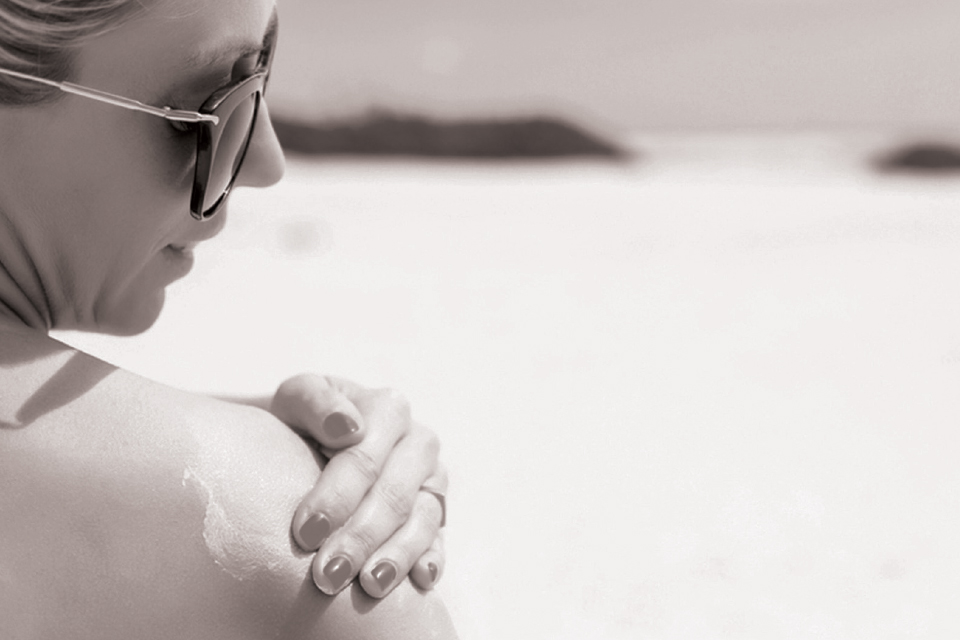Healthy Helpings

Still Need Sunscreen
According to a survey by the Melanoma Foundation of New England, only 35 percent of respondents from the South apply sunscreen in the summer, compared with 39 percent nationally. Although Southern states receive as many as 246 days of sun each year, only 14 percent apply sunscreen in the winter.
U.S. Death Rate Spikes on Thanksgiving

CAR ILLUSTRATION COURTESY OF FREEPIK.COM
Year after year, that spike begins around the Thanksgiving holiday. Cardiovascular researcher Dr. Robert Kloner and his colleagues suggested that this higher risk of heart attacks near Thanksgiving “could be related to such behavioral changes around the holiday time as increased food, salt, and alcohol consumption.” They also take into consideration the emotional and psychological stresses of the holidays as possible contributors.
Black Friday isn’t much better. Since 2006, there have been seven deaths and 98 injuries as a result of bargain shopping gone wrong.

National Sleep Comfort Month
Eat foods that are soporific (sleep inducing). Cheese, chicken, pumpkin seeds, and eggs are rich in the sleep-inducing amino acid tryptophan. You can even activate tryptophan more efficiently by consuming foods that are low in protein and high in complex carbohydrates. Consumption of carbohydrates makes tryptophan more available in the brain, whereas protein does the opposite and minimizes the amount of tryptophan in the brain. Pass the turkey, please!






